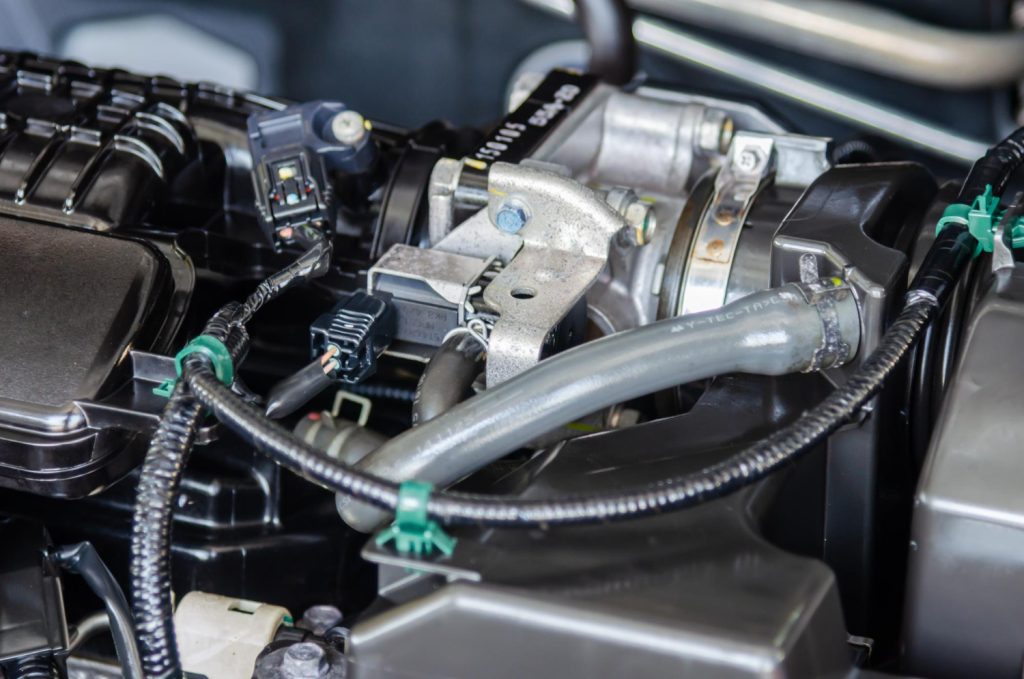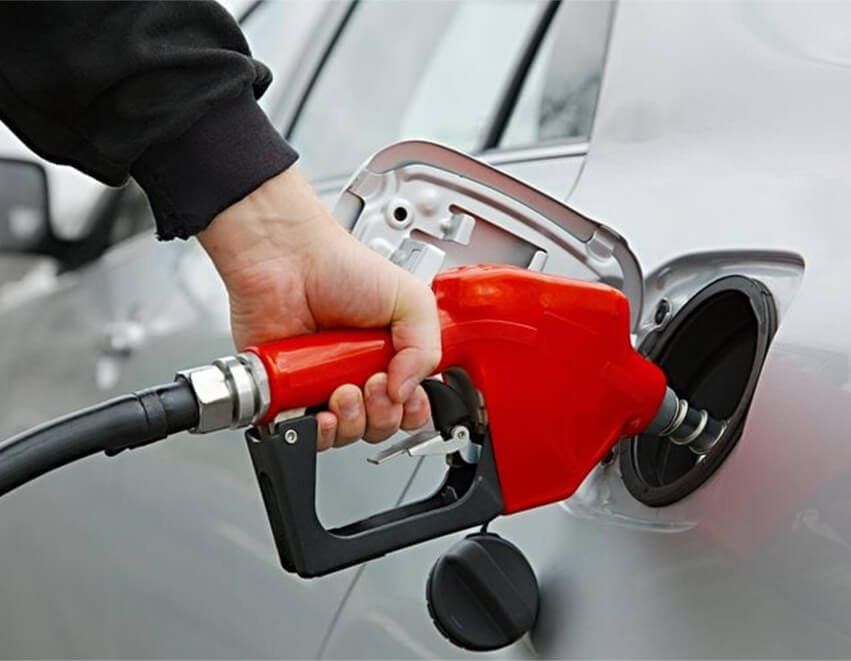Every automobile with an internal combustion engine needs a fuel pump since it feeds gasoline to the engine, making it a crucial component. Moving gasoline from the car’s fuel tank to the engine while maintaining an appropriate pressure level is its primary responsibility. The steps that follow vary depending on the kind of vehicle you […]
Every automobile with an internal combustion engine needs a fuel pump since it feeds gasoline to the engine, making it a crucial component. Moving gasoline from the car’s fuel tank to the engine while maintaining an appropriate pressure level is its primary responsibility. The steps that follow vary depending on the kind of vehicle you drive.

Mechanical pumps were often attached to the engines of antique automobiles equipped with carburetors. These pumps draw gasoline from the tank and pressurize it en route to the carburetor via suction.
In modern gasoline-powered cars, on the other hand, this job is carried out by an electrical fuel pump located in the fuel tank. To prepare the gasoline for use in a fuel injection system, this electric pump applies pressure to the fuel.
A “lift” pump moves fuel from the tank to the diesel injection pump in diesel engines. The diesel injector receives a higher-pressure fuel flow from the diesel injection pump, which in turn amplifies the lower-pressure fuel delivery. There are still a few mechanical lift pumps in use, but electrical lift pumps are the norm nowadays.
When it comes to cars that are now in use, electronic commercial fuel dispensing pumps are the norm. Usually, these pumps switch on when you turn the ignition to the run/start position and enter the key into the ignition. They produce a faint hum in the background of your automobile when they are running well.
A change in your car’s sound while driving may indicate a fuel pump problem. A working fuel pump makes a little buzzing sound when starting. However, a strong whining sound from the gasoline tank may indicate a fuel dispenser filter replacement or fuel pump replacement. In such cases, check the fuel level first.
A broken gasoline pump makes starting your automobile difficult. The fuel pump keeps the fuel system’s static pressure constant, avoiding a full reprimand upon starting. Age may reduce the fuel pump’s static pressure, causing longer cranking time before the car starts.
A poor fuel pump may not maintain enough pressure for fuel injection. It may start the car, but it may hesitate, lack power, or stall during acceleration. Running or static fuel pressure tests may identify the fuel pump. Changing the gasoline filter is the first step since a blocked fuel filter may produce symptoms like a weak fuel pump.
The gasoline fuel dispenser assembly usually contains the fuel-level sending unit in contemporary cars. Faulty fuel pump assemblies typically cause fuel gauge issues. In both cases, changing the fuel pump fixes it.
Finally, a faulty gasoline pump may prevent an automobile from starting. Unfortunately, many pumps fail silently. Some pumps may fail while the car is moving, while others may cut off and stay unusable. After turning the key to “on” (but not started), most automobiles start a 3-5-second prime cycle that engages the pump. If you don’t hear this priming sound at the tank, particularly if you did while the vehicle was working well, question the gasoline pump.
The typical fuel dispenser cost is around $900 to $1,100, depending on the vehicle, its age, and your region. Labor costs range from about $500 to $600, and parts for fuel pump replacement are about $400 to $500.
You should allow one to six hours for the replacement procedure, depending on the mechanic’s skill level and the availability of the necessary equipment.
Make sure to thoroughly clean the gasoline tank to remove any pollutants, whether you want to do it yourself or hire a professional. Fuel sediment may build up at the tank’s bottom over time. Remember that many companies provide an extensive selection of components and equipment to ensure a smooth completion in the event that you want to do the work on your own!




